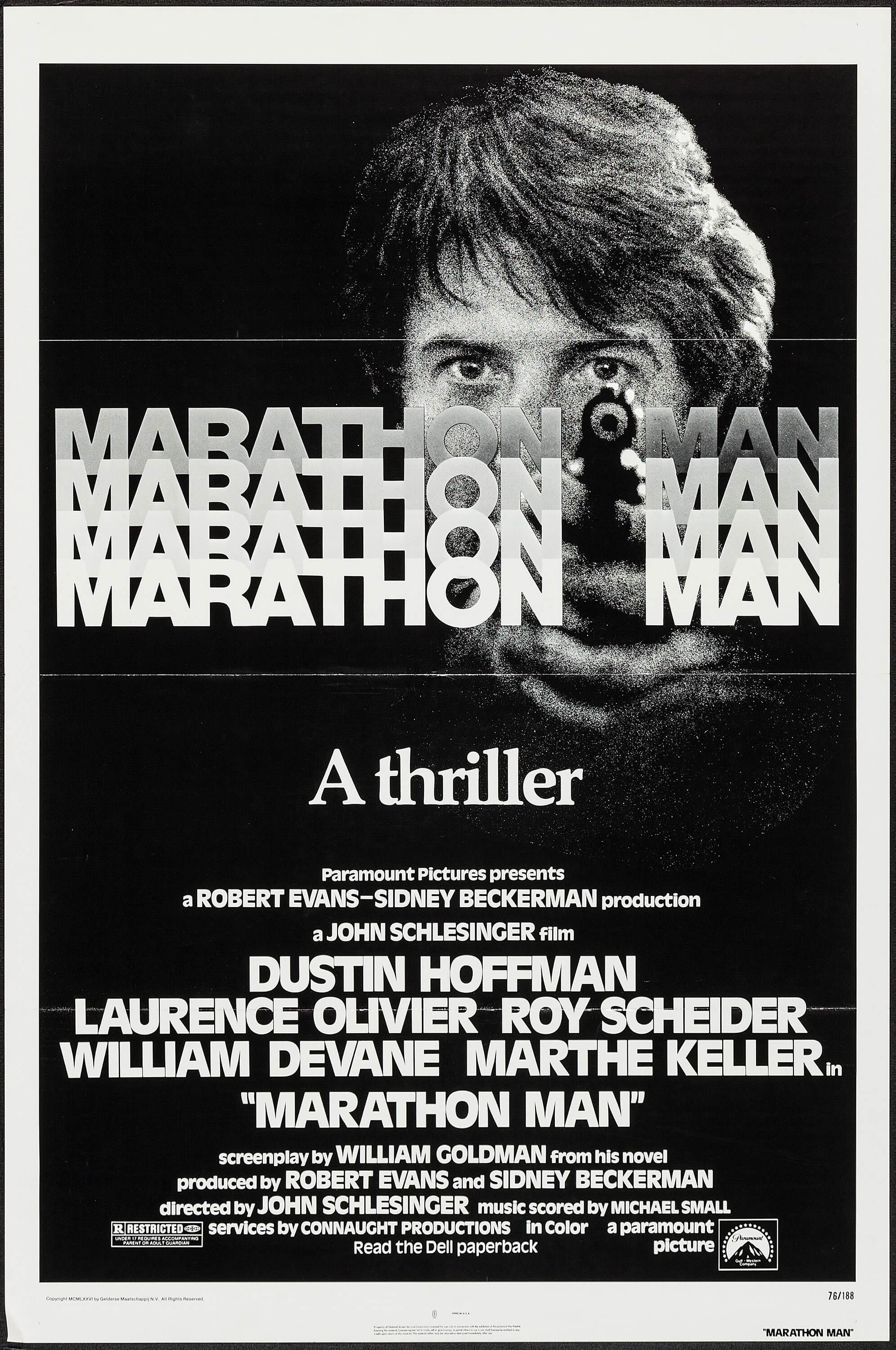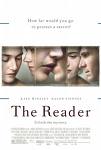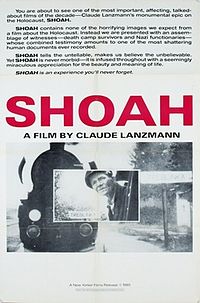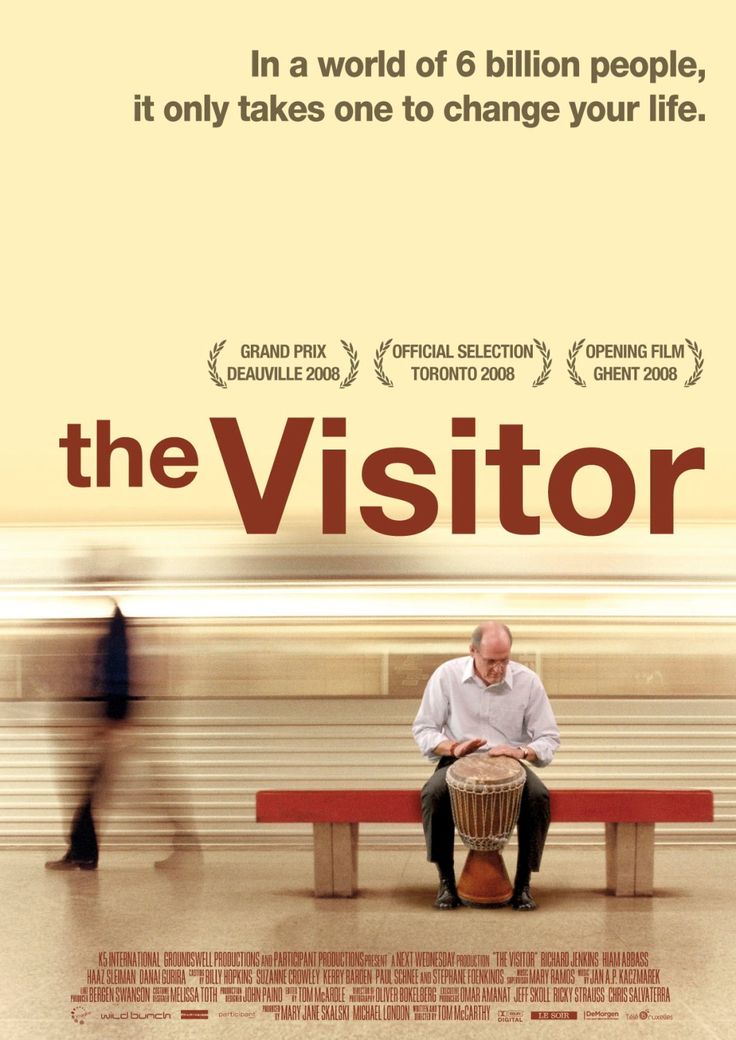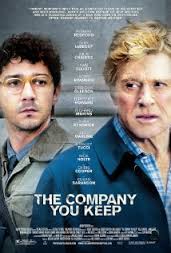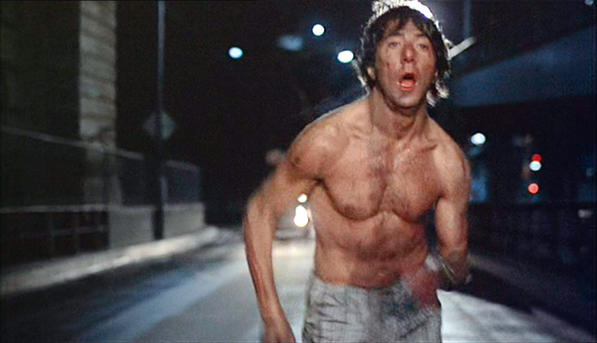
‘Safe’ haven? ‘Marathon Man’
will tire most viewers out
One of the curious things about movies is that sometimes, even unimpressive ones offer a scene or remark that takes on a life of its own for years, decades, forever maybe.
“10,” for example, had Bo Derek in cornrows running on a beach for about 10 minutes in a story about as deep (albeit entertaining) as her one-piece swimsuit.
The contribution of “Marathon Man” to this dubious, albeit often entertaining, category is the phrase “Is it safe?” If you can’t answer correctly — or don’t even understand the question — you’re going to get followed, harassed, tortured, maybe even killed.
Then there is the Hollywood legend, often mentioned when the film is on a cable movie channel, which goes something like this: Dustin Hoffman, as Tom Levy, stayed awake all night under difficult circumstances to replicate the character’s situation in an important scene. Sir Laurence Olivier, unimpressed, supposedly asked Hoffman, “Have you tried acting?”
If only the actual movie had so much staying power.
Disasters and summer blockbusters were popular movie themes of the 1970s, but so were government suspicion and Nazi speculation, which is where we find “Marathon Man.”
It’s a preposterous tale. There are compelling elements. But it is a story much too difficult to tell visually and is much better suited for the book, which was a best-seller.
There are two important backstories. Neither is adequately addressed. One is the life of Tom Levy’s father. We’re told, in grainy flashback clips, that he was a victim of such relentless McCarthyism that it prompted him to take his own life. His sons, therefore, should be sympathetic liberals, idealists with a cause. The other partial backstory is Olivier’s escaped Nazi. He murdered and tortured thousands, and got away with it, the highest-ranking Nazi to do so. But by not depicting Christian Szell in earlier days as a Nazi, he seems more like a typical crime lord than a war criminal.
There is little cohesion in the first 45 minutes, much head-scratching over how this all fits together. The film finally takes a turn for the better when Tom Levy’s brother Henry, played by Roy Scheider, tricks a woman at a restaurant. Then the plot is gradually explained, not through compelling visuals, but characters giving speeches. When it’s all over, it’s still as unclear as ever why Szell needed the diamonds so badly now, what he was doing with Henry, and why the father of Tom and Henry matters.
So we are left with run of the mill drama involving a crime lord on a mission who finds an innocent, idealistic young man in his way. One notable scene does work. Szell is a dentist and thus inflicts torture through dental pain. This is unique enough to grab our attention, so the absurdity of an international criminal spending quality time devising a makeshift dental operation is overlooked. (Fans of “The Godfather” will recognize Richard Bright in another enforcer role.) But there are dreadful cliches of people pointing guns at each other, daring the other to shoot first; an agitated woman running out into the street and being hit by a car.
Other assaults on logic: A high-ranking Nazi war criminal hanging out in a Jewish neighborhood to have diamonds appraised. Two elderly men with broken-down cars staging a violent drag race. An attempted murder on a Paris balcony during a parade, witnessed by many, that is pushed quietly under the rug.
We’re led to believe Henry Levy has used the Nazi as a double agent. Why Henry must be assassinated, who knows, and why Szell would do the job, only to leave him alive and possibly able to tell something important to Tom, and why Tom can be the victim of multiple brutal crimes and never have a police officer nor bystander in sight, and the idea that two people as different looking as Scheider and Hoffman can be brothers (maybe pair Scheider with Robert Vaughn? William Schallert?) just doesn’t pass the smell test.
There isn’t enough known about Tom Levy to get this story off the ground. He’s apparently an elite student and a potentially elite runner. We see him in a classroom once. We have no idea why he’s choosing to run a marathon. Maybe because he’ll need the strength one day to get away from Szell. Hoffman at one point pulls a William Wallace, but to his credit, his dismissal of tooth pain reliever came about 19 years before “Braveheart.”
“Marathon Man” probably wasn’t designed to tie things together neatly. It is supposed to intrigue by introducing a Nazi-Jewish conflict in modern times, on a very personal level, while delivering the all-too-familiar ’70s message of don’t trust government (this time the shadowy conspiracy is somewhere between “the jobs the FBI doesn’t want to do and the CIA can’t do”). The movie is only notable for pairing two of Hollywood’s biggest stars, and yes, that confounding question. Best bet is to sit out this marathon and sprint to “All the President’s Men.”
2.5 stars
(October 2008)
“Marathon Man” (1976)
Starring Dustin Hoffman as Thomas Levy ♦ Laurence Olivier as Dr.
Christian Szell ♦ Roy Scheider as Henry Levy ♦ William Devane as
Peter Janeway ♦ Marthe Keller as Elsa Opel ♦ Fritz Weaver as Professor
Biesenthal ♦ Richard Bright as Karl ♦ Marc Lawrence as Erhard ♦ Allen
Joseph as Babe’s Father ♦ Tito Goya as Melendez ♦ Ben Dova as Klaus Szell
♦ Lou Gilbert as Rosenbaum ♦ Jacques Marin as LeClerc ♦ James Wing Woo as
Chen ♦ Nicole Deslauriers as Nicole ♦ Lotta Andor-Palfi as Old Lady on
47th Street ♦ Lionel Pina as Street Gang ♦ Church as Street Gang
Tricoche as Street Gang ♦ Jaime Tirelli as Street Gang ♦ Wilfredo
Hernandez as Street Gang ♦ Harry Goz as Jewelry Salesman ♦ Michael Vale as
Jewelry Salesman ♦ Fred Stuthman as Jewelry Salesman ♦ Lee Steele as
Jewelry Salesmen ♦ William Martel as Bank Guard ♦ Glenn Robards as
Plainclotheman ♦ Ric Carrott as Plainclothesman ♦ Alma Beltran as
Laundress ♦ Daniel Nunez as Guard in Uruguay ♦ Tony Pena as Guard in
Uruguay ♦ Chuy Franco as Guard in Uruguay ♦ Billy Kearns as Tourist Couple
♦ Sally Wilson as Tourist Couple ♦ Tom Ellis as TV Announcer ♦ Bryant Fraser
as Young Photographer ♦ George Dega as Hotel Valet ♦ Gene Bori as French
Doctor ♦ Annette Claudier as Nurse ♦ Roger Etienne as Headwaiter ♦ Ray
Serra as Truck Driver ♦ John Garson as Bystander ♦ Charlott Thyssen as
Bystander ♦ Estelle Omens as Bystander ♦ Madge Kennedy as Lady in Bank
♦ Jeff Palladini as Young Babe ♦ Scott Price as Young Doc ♦ Abebe Bikila as
Himself (archive footage) ♦ S.C. Dacy as Innocent Bystander ♦ Shawn
McAllister as Mechanic ♦ Irving Metzman as Accident witness ♦ Louis Tanno ♦ Treat Williams as Central Park Jogger
Directed by: John Schlesinger
Written by: William Goldman
Producer: Sidney Beckerman
Producer: Robert Evans
Associate producer: George Justin
Original music: Michael Small
Cinematography: Conrad Hall
Editing: Jim Clark
Casting: Jane Feinberg ♦ Mike Fenton
Production design: Richard Macdonald
Art direction: Jack De Shields
Set decoration: George Gaines
Costume design: Robert De Mora
Makeup: Dick Smith ♦ Ben Nye ♦ Brad Wilder ♦ Barbara Lorenz
Stunts: Everett Creach ♦ Rock A. Walker ♦ Jerry Brutsche ♦ Frank Orsatti ♦ Jerry Summers
